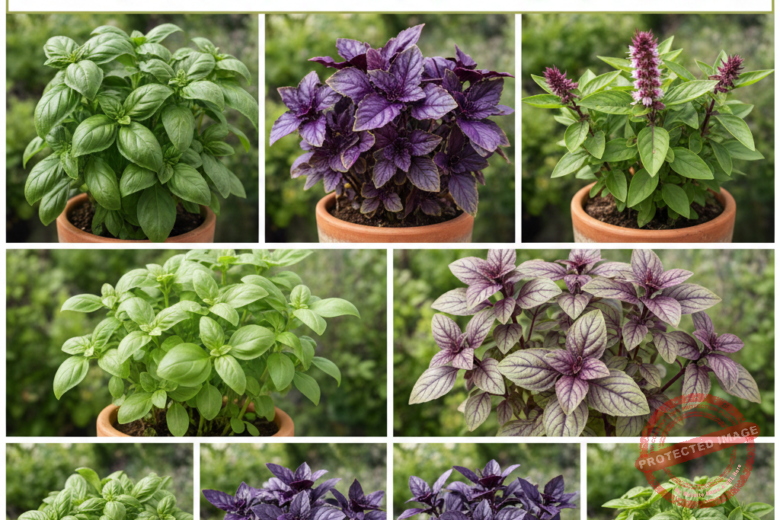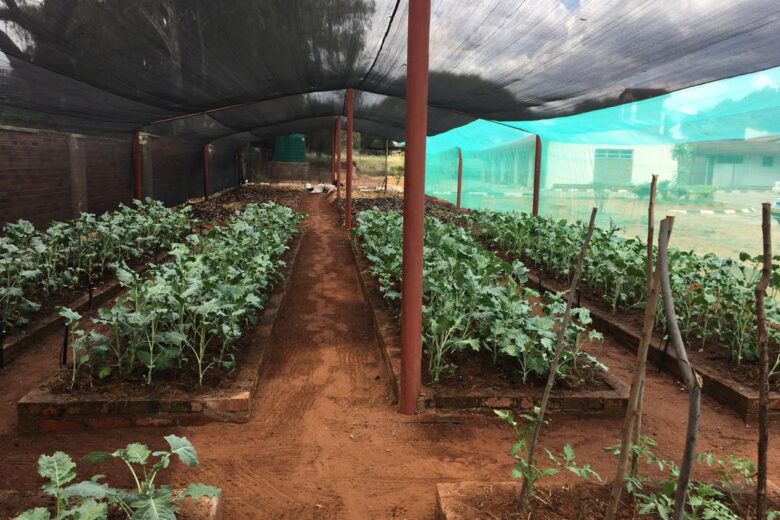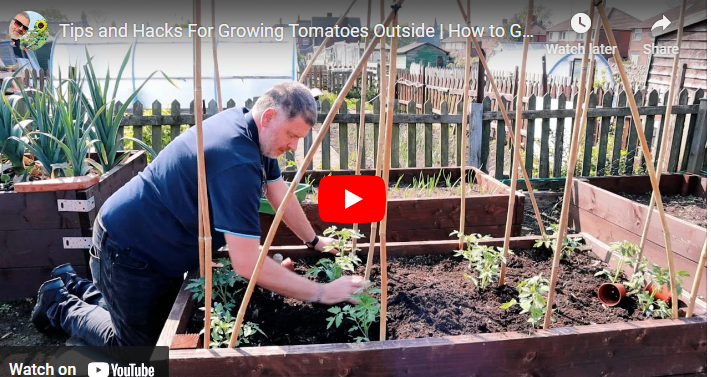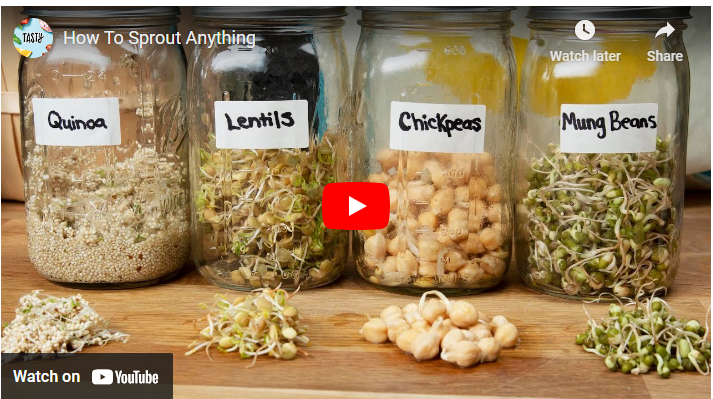Are you looking to plant vegetables in Nigeria during the dry season, but not sure where to start? The dry season can be a challenging time for farmers and gardeners in Nigeria due to the lack of moisture.
However, with the right knowledge and techniques, it is possible to grow vegetables even during the dry season. In this article, I will provide you with tips on how to plant vegetables in the dry season in Nigeria.
From the best time to plant your crops to the types of vegetables that are best suited for this climate, we’ve got you covered. Read on to learn more.
How to Plant Vegetables in Dry Season in Nigeria
Planting vegetables during dry season is not an easy job. It takes a lot of perseverance and dedication. But once you get the hang of it, it becomes a fun activity for you and your family.
Read Also: [Beginners Guide] How to Grow Cinnamon in Nigeria
Step 1: Select Vegetable Variety
When it comes to planting vegetables during the dry season in Nigeria, the first step is to select the right variety.
It’s important to choose vegetables that can tolerate the hot and dry conditions that are common during this time of year.
Some vegetables that are well-suited for the dry season include okra, tomatoes, peppers, onions, and watermelon.
When selecting your vegetable variety, consider the amount of sunlight and water they will need to grow. Choose vegetables that are drought-tolerant and can thrive in hot and dry conditions.
Also, make sure to choose vegetables that are appropriate for the soil type in your area. Once you’ve selected the right variety of vegetables, you’re one step closer to a successful dry season garden!
Read Also: How To Plant Tomatoes in Dry Season in Nigeria
Step 2: Prepare the Soil
Prepare the soil by mixing manure with organic compost or manure tea (if available). The soil must be well-drained and weed-free.
Add organic fertilizer before planting seeds or seedlings (depending on what kind). Make sure that it has enough nitrogen and phosphorous content to promote growth of fast-growing plants like beans, tomatoes, corn, pumpkins etc.
You should dig up the soil and remove all weeds, stones and rocks to make sure there is no root damage on newly planted seeds before sowing them.
Read Also: [Beginners Guide] How to Plant Pepper in Dry Season in Nigeria
Step 3: Prepare Irrigation System
To ensure your vegetables thrive during the dry season in Nigeria, you’ll need to prepare a reliable irrigation system. Since water is scarce during this time of year, it’s crucial to conserve water while still providing enough for your vegetables to grow.
One option is to set up a drip irrigation system. This type of system delivers water directly to the plant’s roots, minimizing water waste and evaporation. You can also consider using mulch to help retain moisture in the soil.
Before planting your vegetables, make sure your irrigation system is properly set up and tested. This will help you avoid any issues with water delivery and ensure your vegetables receive the right amount of water.
Read Also: [Beginners Guide] How to Plant Onions in Dry Season in Nigeria
Step 4: Planting Vegetable Seedling
Plant seeds or seedlings in seed beds filled with good quality soil mixture or composted manure (depending on what type).
Space between each plant should be at least 15 inches apart so that they can grow into mature crops after 3-4 months without any problem at all!
Step 5: Water Frequently
During the dry season, it’s important to water your vegetables frequently to ensure they receive enough moisture to grow.
Since water evaporates quickly in hot and dry conditions, it’s best to water your vegetables early in the morning or late in the afternoon when temperatures are cooler.
Make sure to water your vegetables deeply and evenly to help the roots absorb the moisture they need.
You can use a watering can or a hose with a gentle spray nozzle to avoid damaging the plants. Avoid overwatering, which can cause root rot and other problems.
Read Also: [Beginners Guide] How To Grow Vanilla In Nigeria
Step 6: Mulch the Plants
Mulching is an effective way to conserve soil moisture and keep your plants healthy during the dry season. Mulch can also help regulate soil temperature and prevent weed growth.
To mulch your plants, simply spread a layer of organic material, such as leaves, straw, or grass clippings, around the base of your plants.
This will help retain moisture in the soil and provide nutrients as the mulch breaks down.
Make sure to avoid placing mulch directly on the plant’s stem, as this can lead to rot and other issues. Instead, spread the mulch out in a circular pattern around the base of the plant.
Read Also: [Beginners Guide] How To Grow Apple in Nigeria
Step 7: Control Pests and Diseases
To ensure your vegetable plants stay healthy during the dry season in Nigeria, you’ll need to take steps to control pests and diseases.
Hot and dry conditions can create the perfect environment for pests and diseases to thrive, which can damage or even destroy your crops.
One way to prevent pest and disease problems is to practice good crop rotation. This involves planting different vegetables in different areas of your garden each year, which can help prevent the buildup of pests and diseases in the soil.
You can also use natural pest control methods, such as companion planting or using neem oil, to deter pests and protect your crops.
Make sure to regularly inspect your plants for signs of damage or disease, and take action immediately if you notice any issues.
Read Also: Seasonal Planting Guidelines for Native Yam In Nigeria [Farmers Guide]
Step 8: Harvest
Congratulations, your vegetables are ready to harvest! Depending on the variety, your vegetables may be ready to harvest anywhere from a few weeks to a few months after planting.
To harvest your vegetables, use a sharp knife or pruning shears to cut the vegetables from the plant. Be careful not to damage the plant or surrounding leaves.
After harvesting, store your vegetables in a cool, dry place to extend their shelf life. You can also consider preserving your vegetables through canning or freezing to enjoy them all year round.
Read Also: [Beginners Guide] How To Plant Coconut In Nigeria
Benefits of Planting Vegetables in Dry Season
Planting vegetables in the dry season in Nigeria can offer several benefits, including increased food security, reduced food costs, and higher profits for farmers.
Growing vegetables during the dry season also allows farmers to take advantage of the increased demand for fresh produce in local markets.
Also, planting vegetables during the dry season can help reduce the pressure on water resources during the rainy season, as farmers can use irrigation techniques to provide the necessary moisture for crop growth.
Challenges of Planting Vegetables in Dry Season
Planting vegetables in the dry season in Nigeria can also present several challenges, including the need for reliable irrigation systems and increased risk of pests and diseases.
Growing vegetables during the dry season can be more labor-intensive and require more inputs like fertilizers and pesticides.
Furthermore, market access and transportation can be a challenge for small-scale farmers, as they may struggle to reach urban markets and find buyers for their produce.
Read Also: How to Grow Lettuce in Nigeria [Beginners Guide]
Best Practices of Planting Vegetables in Dry Season
To ensure successful vegetable production during the dry season, farmers should follow best practices like selecting appropriate vegetable varieties, preparing a reliable irrigation system, using organic fertilizers, practicing crop rotation, and controlling pests and diseases using natural methods like companion planting and neem oil.
It’s also important to pay close attention to market demand and adjust crop selection and production accordingly.
Common Diseases and Pests of Vegetables Plants
Vegetable plants can be susceptible to a wide range of pests and diseases, including aphids, mites, thrips, and fungal infections like powdery mildew and leaf blight.
To prevent and control these issues, farmers can use natural methods like crop rotation, companion planting, and neem oil.
It’s also important to practice good crop management, including proper watering and fertilization, and to monitor crops regularly for signs of pest and disease infestations.
How Much is Vegetables Sold in Zambia
The price of vegetables in Zambia can vary depending on several factors, including the type of vegetable, the season, and the location of the market.
In general, prices are typically higher in urban areas where demand is greater.
According to recent data, the average price for a kilogram of tomatoes in Lusaka, Zambia is around 8-10 ZMW, while the average price for a kilogram of onions is around 5-7 ZMW.
Is Vegetables Farming Profitable in Zambia
Vegetable farming can be a profitable venture in Zambia, particularly for small-scale farmers who can take advantage of local market demand for fresh produce.
However, success in vegetable farming depends on several factors, including crop selection, market access, and proper crop management.
To maximize profitability, farmers should carefully select appropriate vegetable varieties, practice good crop management techniques like proper irrigation and pest control, and have access to reliable market channels and buyers.
Varieties of Vegetables in Zambia
Zambia has a wide variety of vegetables that can be grown throughout the year, including tomatoes, onions, cabbage, carrots, and green beans. Other popular vegetables include okra, eggplant, and spinach.
When selecting which vegetables to grow, farmers should consider the suitability of the crops for their specific region and climate, as well as market demand and profitability.
Crops and Their Planting Season In Nigeria
Nigeria’s diverse climate and soil conditions provide ideal conditions for growing a wide range of crops throughout the year.
However, planting seasons vary depending on the region and weather conditions.
In the northern regions of Nigeria, where the dry season is longer, crops like wheat, sorghum, and groundnuts are typically planted in October or November.
In the southern regions, where the rainy season is longer, crops like cassava, maize, and yams are typically planted in April or May.
Dry Season Rice Farming In Nigeria PDF
Dry season rice farming is a popular agricultural practice in Nigeria, particularly in the northern region where the dry season is longer. This type of farming involves growing rice during the dry season using irrigation techniques to provide the necessary moisture.
If you’re interested in learning more about dry season rice farming in Nigeria, there are many resources available online, including downloadable PDFs and guides.
What Is Dry Season Farming
Dry season farming refers to the practice of growing crops during the dry season, when rainfall is scarce and water resources are limited.
This type of farming typically involves using irrigation techniques to provide the necessary moisture for crop growth.
Dry Season Farming In Nigeria
In Nigeria, dry season farming is an important agricultural practice, particularly in the northern regions where the dry season is longer.
Crops like rice, maize, sorghum, and vegetables are commonly grown during the dry season using irrigation techniques.
To ensure successful dry season farming in Nigeria, it’s important to select the right crops, prepare a reliable irrigation system, and take steps to control pests and diseases.
Dry Season Tomato Farming In Nigeria
Tomatoes are a popular crop for dry season farming in Nigeria, as they are well-suited for hot and dry conditions.
However, growing tomatoes during the dry season requires careful attention to irrigation and pest control.
To grow tomatoes during the dry season in Nigeria, consider using a drip irrigation system and natural pest control methods like companion planting or neem oil.
Most Profitable Vegetables To Grow In Nigeria
There are many profitable vegetables to grow in Nigeria, particularly during the dry season. Some of the most popular and profitable options include tomatoes, peppers, onions, okra, and watermelon.
When selecting which vegetables to grow, consider the market demand and the suitability of the crops for your specific region and climate.
Dry Season Crops
In Nigeria, there are many crops that can be grown during the dry season using irrigation techniques.
Some popular options include rice, maize, sorghum, groundnuts, and vegetables like tomatoes, peppers, and onions.
To ensure successful dry season crop growth, it’s important to select the right crops, prepare a reliable irrigation system, and take steps to control pests and diseases.
Dry Season Vegetable Production
Dry season vegetable production is an important agricultural practice in Nigeria, particularly in the northern regions where the dry season is longer.
By using irrigation techniques and natural pest control methods, farmers can grow a wide range of vegetables during the dry season, including tomatoes, peppers, onions, okra, and watermelon.
To ensure successful dry season vegetable production, it’s important to select the right crops, prepare a reliable irrigation system, and take steps to control pests and diseases.
Conclusion
With these tips, you can successfully plant and harvest vegetables during the dry season in Nigeria. Happy gardening!



